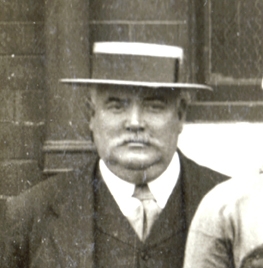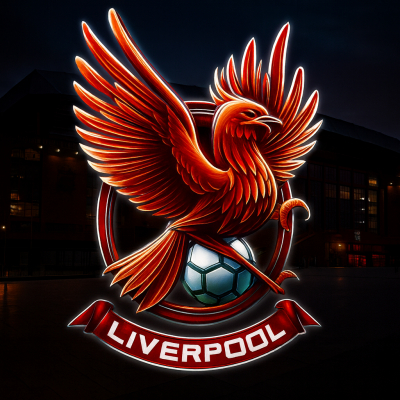Football News: Former Liverpool Managers Part 2 - The First Titles

Image from: goallegacy.net
Former Liverpool Managers - Part 2 The First Glory Years
Tom Watson 17th August 1896 - 6th May 1915
When John McKenna made Tom Watson an offer he could not refuse to join Liverpool, it was a massive coup for the new team on Merseyside. Newcastle-born Watson was the most successful manager in English football, having led Sunderland to three league titles since taking charge there in 1888. In fact, the genial Geordie is still their most successful manager of all time, well over 100 years later. It was also the first case of a manager being 'poached' by another team in football.
At just 37 years of age, Watson was still extremely young for a manager, despite having already spent 8 years in charge of the Mackems. His first couple of years were spent on consolidating the clubs position in the top flight, before putting together a proper challenge for the title, reminiscent of a battle the team had 100 years later with Arsenal, though in the 1898-99 season they were up against Aston Villa. The final day came around, Liverpool were set to face Villa with a draw being enough to give LFC their first ever league title.
This was a Liverpool team that had conceded just 28 goals in the 33 league games played previously, yet the game was all over by half-time as the Villans notched 5 goals in the first half and ran out 5-0 winners to lift the trophy. They were mid-table the following season, surprisingly, but 1900-01 was the season they finally popped their cherry and won the league. That made Tom Watson the first ever manager to win the English league with two different clubs, something that has only been achieved by a very small number of managers since.
Ironically, it was Sunderland that Liverpool beat to the league title, by just 2 points. Watson's record prior to arrival saw the fans expecting this to be the start of a period of sustained success for LFC, who were now wearing red shirts and had adopted the Liverbird as the club's emblem. The fans were disappointed, Liverpool struggled and eventually, just three years later, they were relegated back down to Division 2. Luckily it was a different era and his job was never in jeopardy.
The team bounced back up, winning Division 2 and then followed it up with the Division 1 title to become the first team to win the two in back to back seasons. That was the last title that Watson would win, though he led LFC to their first ever FA Cup final in 1914, when they were beaten 1-0 by Burnley at Crystal Palace, in the last final to be played there before it was moved to Wembley. He also led his team to victory in the Sheriff of London Charity Shield, the forerunner of the modern day Community Shield, which was, in those days, between either the league or FA Cup winner and the top ranked amateur team in the country.
Watson stayed in charge of LFC right up until his death in 1915, aged just 56, from pleurisy and pneumonia, and is still the Reds longest serving manager after 19 years in the hotseat. He was an incredibly popular man, with most peers attributing his success to his personal popularity as it gave him an edge when recruiting the best players. A hard working man, with a number of ideas that were way ahead of his time, including an understanding of the need to advertise, very often painting the details of forthcoming fixtures on the walls outside the ground himself.
His players were given a very regimented life, starting at 7:30am with a half hour stroll then on to breakfast at 8:30, which was usually weak tea, chops and eggs on dry toast, with butter, sugar, potatoes and milk under instruction to be 'used sparingly', as was tobacco. The players trained twice a day, at 9:45am and 3:30pm and were recommended to drink a glass of beer or claret with dinner. Their day ended with another stroll at 9:30pm. Alcohol was not just for drinking with dinner either as, on particularly cold days, neat whisky (spelling intentional as that was the way it was spelt in old match reports from the time) was rubbed onto his players chests and back to warm them up.
Next time will be the return of competitive football after the enforced break during World War 1.
To read Part 1 - The Beginning please click HERE
Written by Tris Burke June 07 2018 11:10:06
Discuss rumours and transfers on our Arsenal rumours web page
Discuss rumours and transfers on our Aston Villa rumours web page
Discuss rumours and transfers on our Liverpool rumours web page


